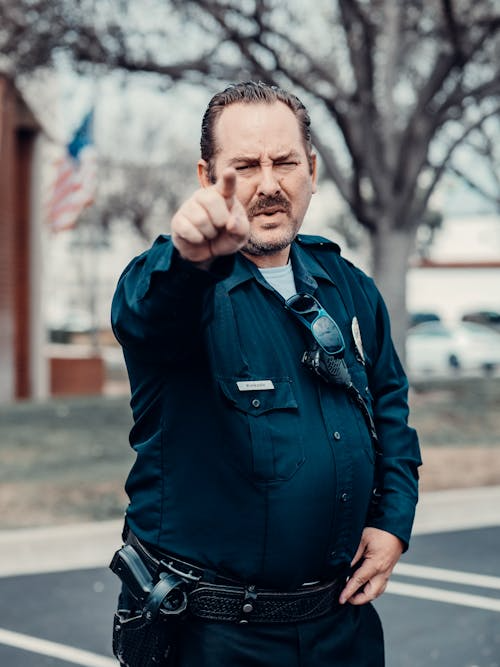Blog
What to Do When the Police Break the Law
 If you watch the news, it shouldn’t come as a surprise that sometimes the police act outside their authority or straight up break the law in trying to “fight crime.” For example, the local news has recently reported about a federal class-action lawsuit filed seeking money damages due to “a pattern of misconduct by Las Vegas City Marshals, including unlawful arrest and illegally issued citations.” https://www.ktnv.com/13-investigates/lawsuit-alleges-las-vegas-city-marshals-repeatedly-operate-outside-their-jurisdiction Las Vegas City Marshals are also accused of illegally searching cars without a warrant or probable cause. https://news3lv.com/news/local/las-vegas-faces-federal-lawsuit-over-alleged-marshal-overreach
If you watch the news, it shouldn’t come as a surprise that sometimes the police act outside their authority or straight up break the law in trying to “fight crime.” For example, the local news has recently reported about a federal class-action lawsuit filed seeking money damages due to “a pattern of misconduct by Las Vegas City Marshals, including unlawful arrest and illegally issued citations.” https://www.ktnv.com/13-investigates/lawsuit-alleges-las-vegas-city-marshals-repeatedly-operate-outside-their-jurisdiction Las Vegas City Marshals are also accused of illegally searching cars without a warrant or probable cause. https://news3lv.com/news/local/las-vegas-faces-federal-lawsuit-over-alleged-marshal-overreach
What Should I Do?
The question becomes, what should a person do when they are stopped by a police officer who is doing something illegal? First, stay calm and follow these Three Rules:
Rule #1: Comply with the police officer’s orders. Remember, the police officer is armed with a gun, taser, and /or pepper spray. You do not want an already risky situation to become deadly by being overly aggressive or not following the police officer’s orders. The officer could mistakenly take your resistance as a threat. The time to challenge the police officer is not on the street, but in a court of law. Additionally, sometimes the police officer might not be intentionally trying to violate your rights, but just might have their facts wrong. So, following the officer’s orders and letting the officer conduct their investigation will keep you safe and alive, but make sure to follow Rule #2.
Rule #2: Although, as stated in Rule #1 you should follow the police officer’s orders, besides identifying yourself, you do not have to answer the officer’s questions (5th Amendment) or give the officer permission to do anything, including searching your person, car, house, backpack, etc. (4th Amendment). Remember, if a police officer is asking you for permission, it’s very likely the officer doesn’t have the right to do what he or she is asking permission to do, unless you give the officer consent to do it. So, calmly–but clearly–tell the officer “No” to anything the officer asks permission to do.
Rule #3: Once the police officer lets you leave the scene and you are safely home, contact the Nobles & Yanez Law Firm immediately. Now is the time to challenge the police officer’s illegal actions. Remember, most police officers are required to wear a body camera and video cameras are found almost everywhere in our community, so it’s very likely the officer’s conduct was caught on video. You also have the right to record–whether through audio or video–your interaction with the police as long as you are not obstructing the officer’s investigation.
Hopefully, you will never cross paths with a lawless or badly mistaken police officer, but if you do, follow these Three Rules and call the Nobles & Yanez Law Firm for a consult.
